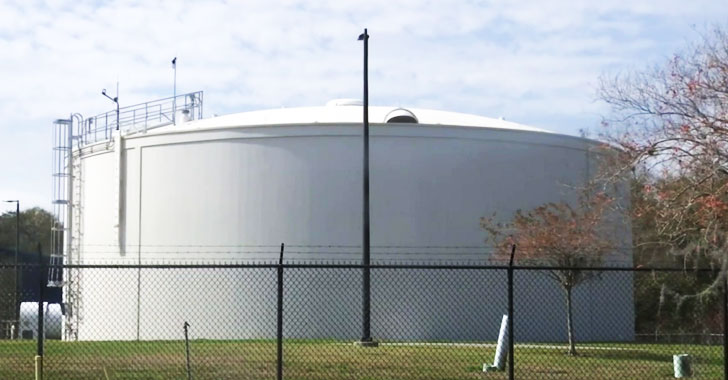Poor risk assessment jeopardizing Manitoba government’s computer systems: report
The province is not doing a good enough job identifying and managing the risks associated with the aging computer systems it uses to carry out its business, says the latest report from the office of the auditor general.
The audit looked into the various hardware such as servers, routers and firewalls, as well as the software the provincial government uses to collect, process, store, and share information.
It found that a significant number of business applications and their supporting technologies are old and should be replaced.
Further, the report says, the province’s methods of identifying when its aging hardware and software should be replaced or upgraded is insufficient, and its inventory is incomplete.
This could leave the province open to system outages, decreased system reliability, and increased security risks, the report says.
That in turn could impact a wide range of services the province provides to Manitobans, including online registrations, provincial program applications and fee payments.
The auditor general’s office recommends that the provincial government improve the practices it uses to monitor its computer systems to make sure they are replaced or upgraded as needed.
It also recommends that the province’s business transformation and technology department prepare a risk assessment report on these aging computer systems.
Reg Helwer, the minister responsible for government services, will comment on the report once he has read it, a spokesperson for the province said Thursday.







